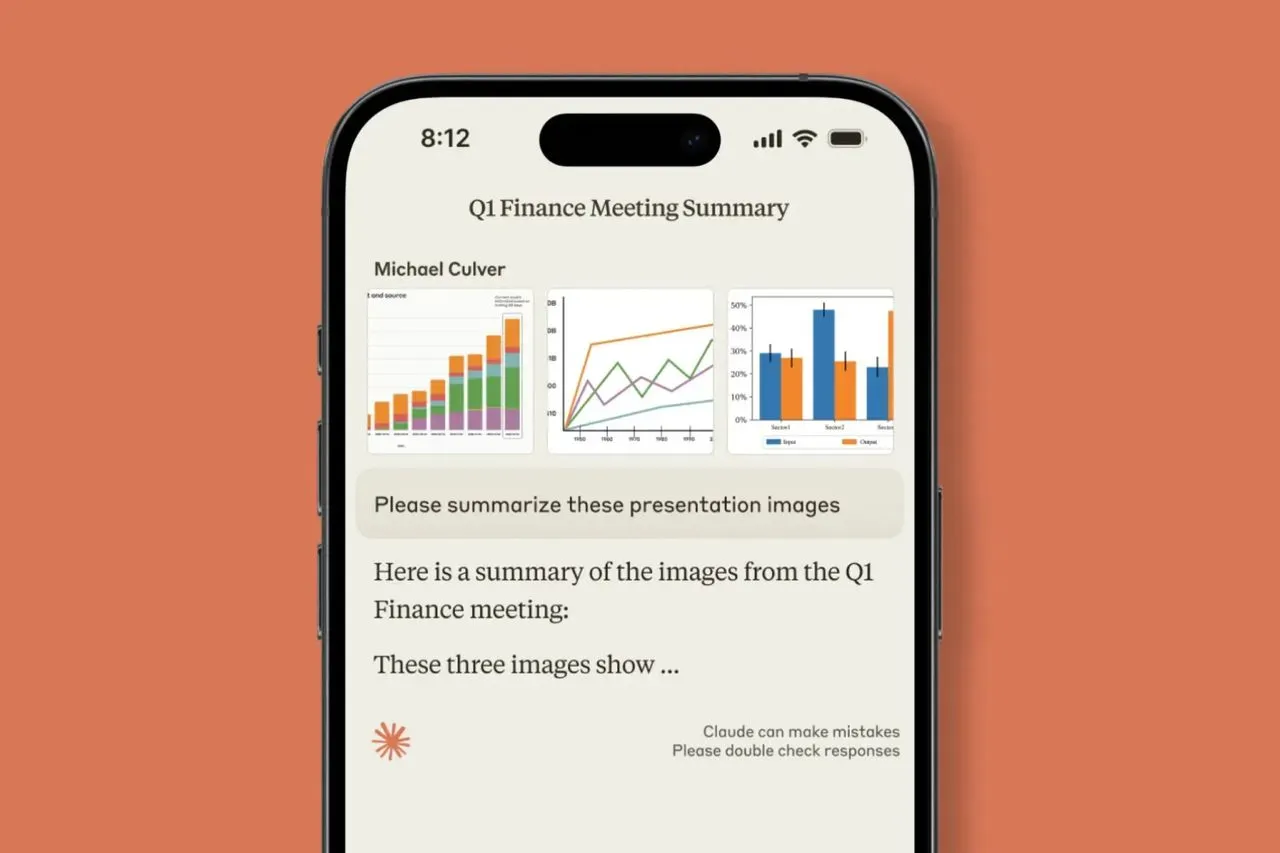AI oversight in Ireland has entered a new phase with the appointment of Niamh Smyth as the junior minister responsible for managing artificial intelligence responsibilities. Despite her lack of hands-on experience with popular AI tools like ChatGPT and DeepSeek, Smyth is determined to navigate the complexities of this transformative technology. She acknowledges that understanding AI technology concerns, particularly regarding its impact on education, is essential, especially as students increasingly use AI for academic assistance. Her commitment to enhancing AI education support reflects a broader goal of demystifying artificial intelligence and promoting its benefits for businesses. As Ireland embraces the evolving landscape of AI, Smyth’s leadership will be pivotal in shaping the nation’s approach to innovation and responsibility in the digital age.
The realm of artificial intelligence governance in Ireland is undergoing significant changes with the recent appointment of a junior minister tasked with overseeing this burgeoning field. Niamh Smyth, while new to the specifics of AI tools, is poised to address pressing issues related to the integration of AI into everyday life, especially within educational frameworks. The focus on how AI might aid or hinder students’ learning experiences is crucial, as is the necessity for businesses to adapt to this rapidly advancing technology. By fostering a culture of AI literacy and responsibility, Smyth aims to tackle the challenges posed by AI while promoting its potential to enhance productivity and innovation. The discourse surrounding AI oversight encapsulates a vital intersection of technology, policy, and education that will shape Ireland’s future.
Niamh Smyth’s Role in AI Oversight in Ireland
Niamh Smyth, Ireland’s newly appointed junior minister for AI oversight, is stepping into a transformative role at a pivotal moment in technological advancement. Her responsibilities encompass not only artificial intelligence but also trade promotion and digital transformation, which are crucial for Ireland’s economic growth. As she acknowledges her lack of experience with AI platforms like ChatGPT and DeepSeek, her commitment to learning quickly underscores the importance of staying informed in a rapidly evolving field.
Smyth’s admission about her unfamiliarity with AI tools raises questions about the readiness of leaders to tackle the complexities of artificial intelligence. However, her proactive stance on understanding AI technology reflects a growing recognition of its significance across sectors. By leading briefings and engaging with stakeholders, she aims to build a solid foundation for AI education support, ensuring that both businesses and the public can navigate the opportunities and challenges posed by AI.
AI Education Support and Its Importance
As AI technology continues to permeate various aspects of society, supporting education around its use becomes increasingly important. Niamh Smyth has emphasized the need to provide resources that demystify artificial intelligence for both students and businesses. This involves developing curricula that address AI technology concerns and its implications for future job markets, preparing students to engage with AI tools responsibly and effectively.
Furthermore, education initiatives can equip students with the skills necessary to utilize AI in ways that enhance their learning experiences. For instance, while there are concerns about high school students relying on AI like ChatGPT to complete homework, proper guidance can help them understand how to leverage these tools for research and creativity. By fostering a culture of responsible AI usage, Smyth aims to ensure that future generations are not only consumers of technology but also informed creators.
Addressing AI Technology Concerns
AI technology brings with it a host of concerns that must be addressed to ensure its ethical implementation. Niamh Smyth has voiced her apprehensions regarding the ease with which students can access powerful AI tools to complete assignments, raising questions about academic integrity and the potential for misuse. These concerns highlight the necessity for clear guidelines on AI usage in educational contexts, ensuring that technology serves as a support system rather than a shortcut.
Moreover, the role of government in regulating AI technology cannot be understated. As Smyth embarks on her journey in AI oversight, she must balance innovation with responsibility. This includes collaborating with educational institutions and tech companies to create frameworks that promote ethical AI practices, thus fostering an environment where technology is used to enhance learning rather than undermine it.
The Comparison with Japan’s Cybersecurity Minister
The narrative surrounding Niamh Smyth’s initial disconnect from AI tools mirrors a past incident involving Japan’s cybersecurity minister, Yoshitaka Sakurada. His admission of never having used a computer while overseeing cybersecurity raised eyebrows and pointed to a critical gap in understanding technology that is foundational to his role. Similarly, Smyth’s unfamiliarity with AI applications poses a challenge as she steps into a position that demands a nuanced understanding of the technology’s implications.
This comparison serves as a reminder of the importance of competency in technology-related roles. As governments worldwide grapple with the implications of AI, having leaders who are well-versed in these technologies is essential for effective governance. Smyth’s commitment to bridge this gap through education and rapid learning is crucial for establishing credibility and fostering public trust in her leadership.
Enhancing Trade Promotion through AI
Niamh Smyth’s role also involves promoting trade, and AI has the potential to significantly enhance this aspect of her work. By leveraging artificial intelligence, businesses can streamline operations, analyze market trends, and optimize supply chains. AI technology concerns can be addressed through workshops and training sessions aimed at helping companies understand how to integrate AI into their trade practices effectively.
Moreover, fostering an ecosystem where businesses can share best practices and learn from each other’s experiences with AI can drive innovation. Smyth’s focus on AI in trade promotion aligns with the broader goals of economic development and competitiveness within Ireland. By encouraging the adoption of AI technologies, she can help Irish businesses gain a foothold in the global market, showcasing how AI can create efficiencies and drive growth.
The Future of AI in Ireland
As Ireland stands on the cusp of an AI revolution, the potential for growth and innovation is immense. Niamh Smyth’s leadership will play a pivotal role in shaping the future landscape of artificial intelligence in the country. Her focus on education and support for businesses indicates a strategic approach to harnessing AI’s capabilities while addressing the associated risks.
Looking ahead, the integration of AI in various sectors, from healthcare to finance, will continue to evolve. Smyth’s commitment to staying informed and adapting to new challenges will be critical in ensuring that Ireland remains competitive in the global AI arena. By prioritizing responsible AI usage and fostering a culture of innovation, she has the opportunity to position Ireland as a leader in AI technology.
Promoting Responsible Use of AI Technologies
The issue of responsible AI usage is becoming increasingly prominent, especially as technologies like ChatGPT and DeepSeek gain traction. Niamh Smyth has acknowledged the need to develop guidelines that promote ethical practices among users, particularly students who may be tempted to misuse AI for shortcuts in their academic work.
Creating a framework for responsible AI use involves collaboration between educators, technologists, and policymakers. By fostering discussions about the ethical implications of AI, Smyth can help cultivate a culture of awareness that empowers users to engage with these technologies thoughtfully. This proactive stance is essential for ensuring that AI technologies contribute positively to society.
Building Public Trust in AI
Building public trust in AI technologies is another critical aspect of Niamh Smyth’s responsibilities. As AI becomes more integrated into everyday life, there is a growing need for transparency regarding how these systems operate and the data they utilize. By prioritizing clear communication about AI initiatives, Smyth can help alleviate public concerns and foster a sense of confidence in AI’s applications.
Moreover, engaging with the community through workshops and public forums can provide insights into public sentiment regarding AI technologies. This feedback is invaluable in shaping policies that reflect the needs and concerns of citizens, ensuring that the development of AI in Ireland aligns with societal values and ethical standards.
The Role of Collaboration in AI Development
Collaboration will be key in advancing AI development in Ireland, and Niamh Smyth recognizes the importance of partnering with various stakeholders, including educational institutions, tech companies, and government agencies. By fostering a collaborative environment, Smyth can facilitate the sharing of knowledge and resources, driving innovation in AI technology.
These partnerships can lead to the creation of interdisciplinary programs that combine AI education support with practical applications in business and research. By bridging the gap between academia and industry, Smyth can help cultivate a skilled workforce ready to tackle the challenges and opportunities presented by AI.
Frequently Asked Questions
What are the main responsibilities of Niamh Smyth regarding AI oversight in Ireland?
Niamh Smyth, the newly appointed junior minister for AI oversight in Ireland, is responsible for trade promotion, AI, and digital transformation. Her role involves addressing AI technology concerns, supporting businesses, and promoting AI education to harness its benefits.
How does Niamh Smyth plan to address AI technology concerns in education?
Niamh Smyth is particularly concerned about high-school students using AI tools like ChatGPT for their homework. She aims to provide education support around artificial intelligence to help students and educators understand its benefits and applications.
What is the significance of AI education support in Ireland’s AI oversight strategy?
AI education support is crucial in Ireland’s AI oversight strategy as it aims to demystify artificial intelligence, empower students and businesses, and create efficiencies. By fostering understanding, the government hopes to mitigate potential misuse of AI technologies.
What challenges does Ireland face in AI oversight related to high school students?
One of the key challenges in AI oversight in Ireland is monitoring how high school students utilize AI tools such as ChatGPT for their homework. This raises concerns about academic integrity and the need for effective guidelines and education on responsible AI usage.
How is Niamh Smyth preparing for her role in AI oversight in Ireland?
Despite admitting she has never used ChatGPT, Niamh Smyth is committed to learning quickly about AI oversight in Ireland. She has been leading briefings to understand artificial intelligence responsibilities and its implications for various sectors.
What lessons can Ireland learn from past experiences with technology oversight?
Ireland can learn from past experiences, such as the appointment of officials lacking technical expertise, by ensuring that those in AI oversight roles, like Niamh Smyth, actively engage with AI technology and prioritize education to better inform their decisions.
What role does the EU play in shaping AI oversight in Ireland?
The European Union provides guidance on AI regulations, including the AI Act, which influences how Ireland approaches AI oversight. This includes establishing prohibited use sections and ensuring compliance with ethical standards in AI technology.
How does Niamh Smyth view the future of AI in Ireland?
Niamh Smyth views the future of AI in Ireland as a transformative opportunity, emphasizing the importance of education and business support to embrace artificial intelligence responsibly and effectively.
| Key Point | Details |
|---|---|
| Minister for AI Oversight | Niamh Smyth has never used ChatGPT and has not downloaded DeepSeek. |
| Role Responsibilities | Smyth is responsible for trade promotion, AI, and digital transformation at the Department of Enterprise, Trade and Employment. |
| Learning Curve | Smyth acknowledges the technology as a new learning curve but is committed to learning quickly. |
| Concerns About AI Use in Education | She is concerned about high-school students using AI for homework and emphasizes the need for education on AI benefits. |
| Comparison to Japan’s Cyber-security Minister | This situation recalls Japan’s cyber-security minister who had never used a computer, highlighting potential issues in oversight roles. |
Summary
AI oversight in Ireland is becoming a focal point with the recent appointment of Niamh Smyth as the junior minister responsible for this critical area. Despite her lack of direct experience with AI technologies like ChatGPT and DeepSeek, Smyth expresses a strong commitment to learning about the transformative impact of AI. Her concerns regarding students using AI for academic purposes reflect a broader need for responsible AI implementation and education. As Ireland navigates the complexities of AI oversight, it is crucial to ensure that leaders in this space are well-versed in the technologies they oversee to foster a safer and more informed digital landscape.








